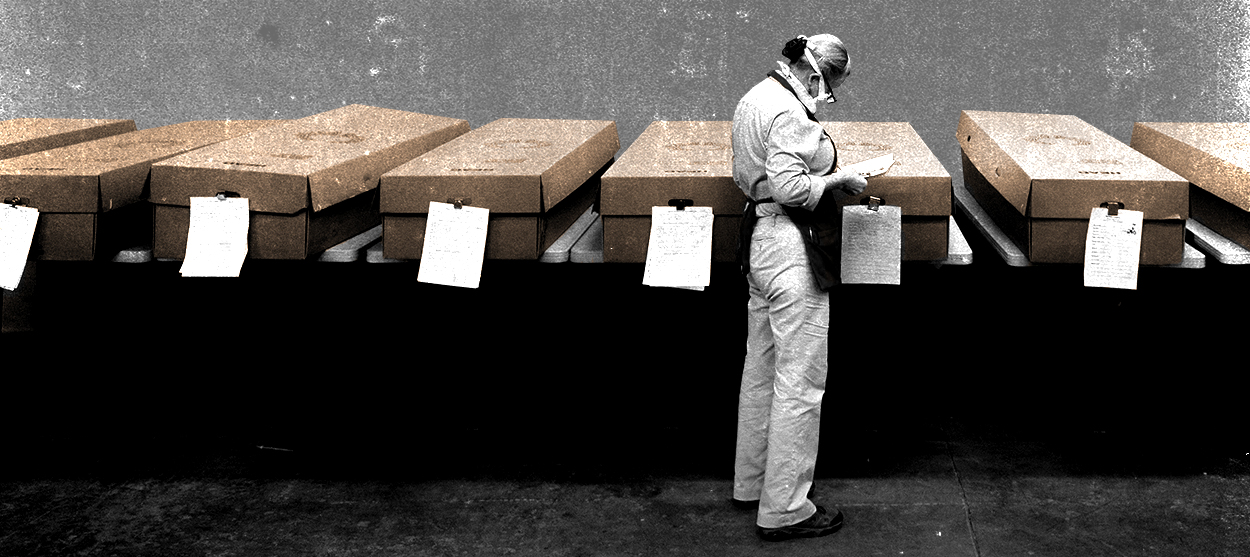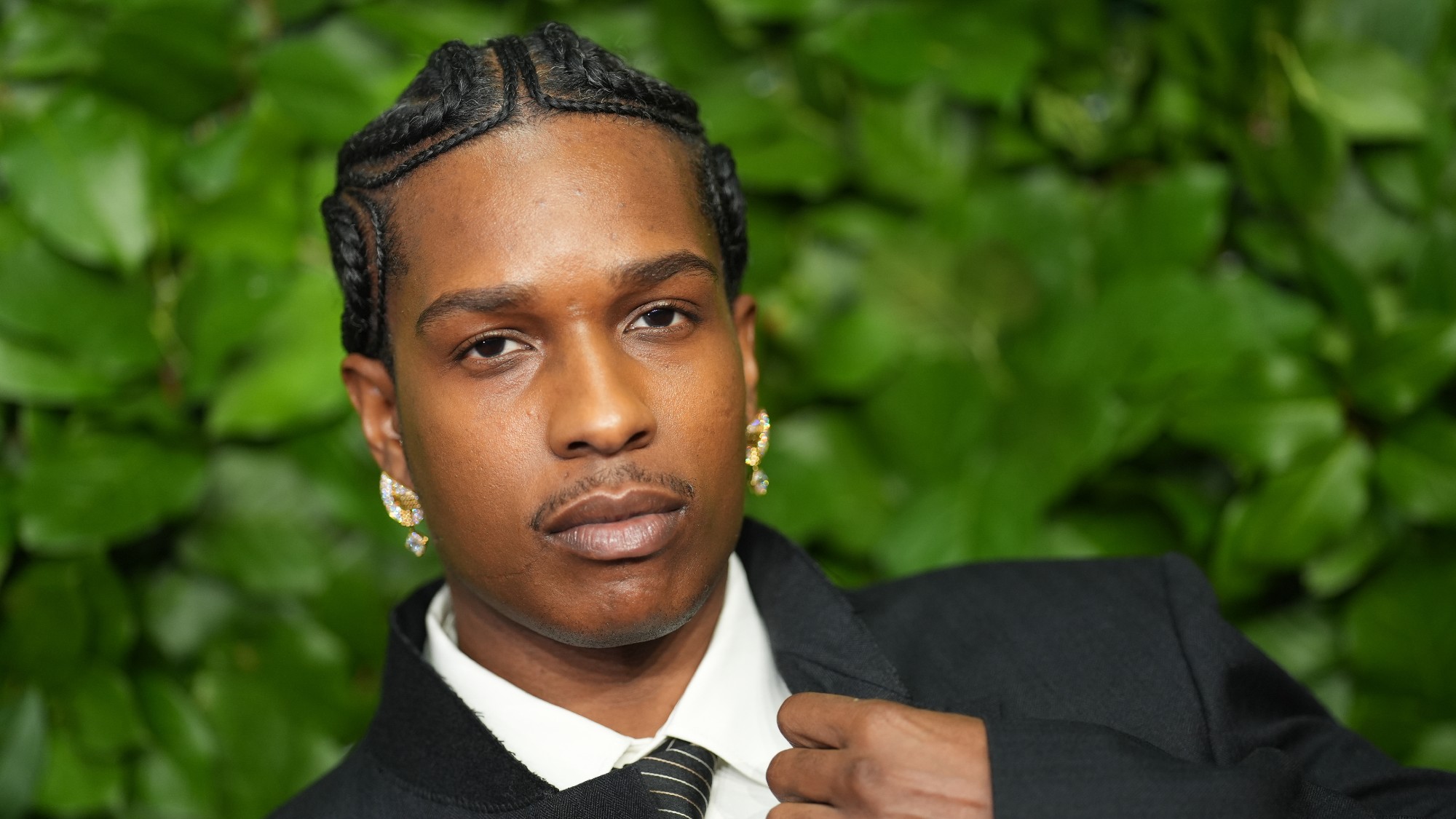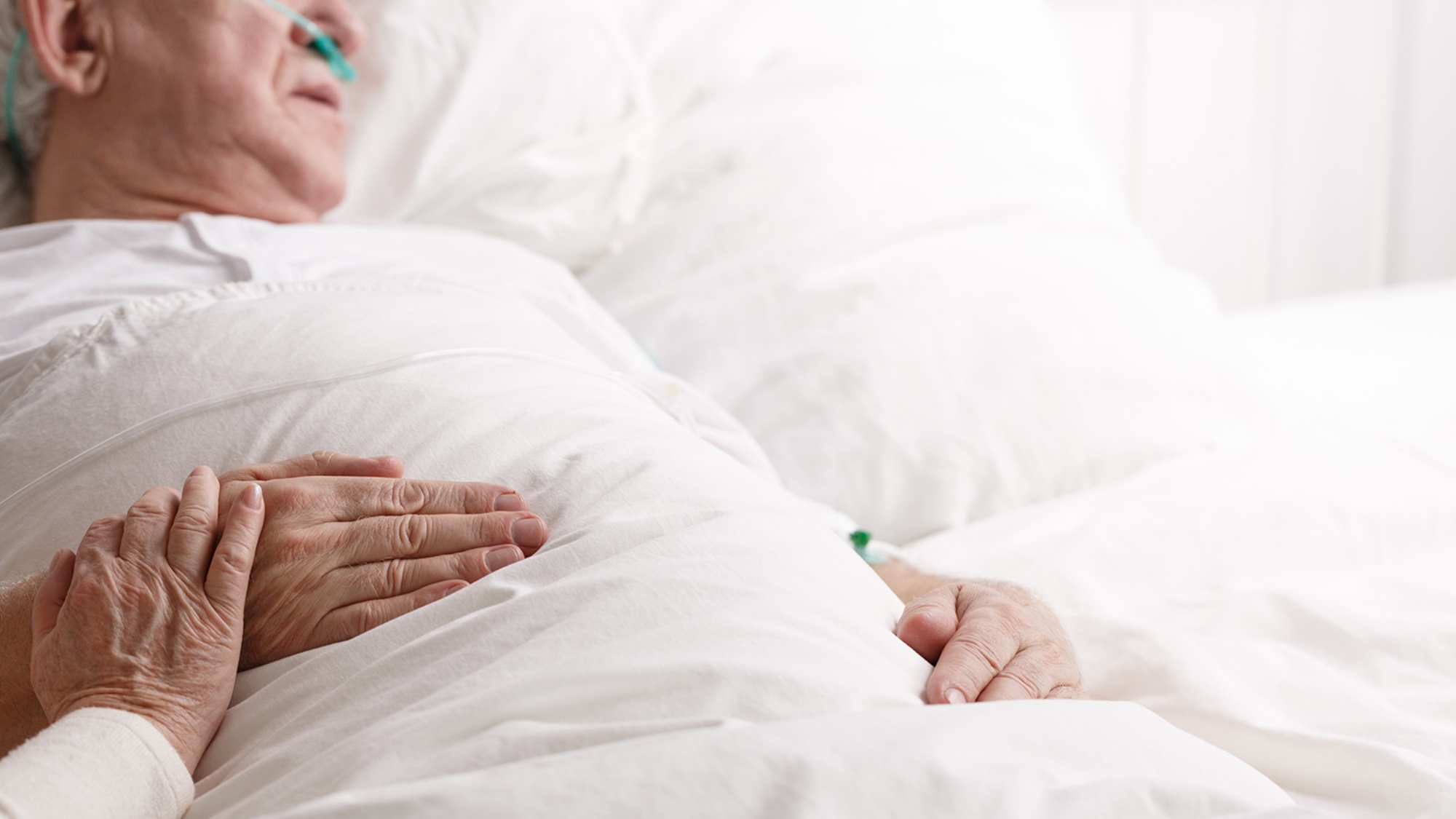How America got to 500,000 COVID-19 deaths
We ignored reality, and our responsibility to each other


A free daily email with the biggest news stories of the day – and the best features from TheWeek.com
You are now subscribed
Your newsletter sign-up was successful
More than 500,000 Americans have died from COVID-19.
That is a half-million people who leave behind family, friends, and other loved ones haunted by grief and guilt. But the number doesn't quite capture the scope of the damage done — the survivors who lived through the disease but whose health has never fully returned, the young students whose education has been compromised, the shuttered businesses and employed workers who struggle to keep their homes, the widespread loneliness and isolation caused by the need for social distancing.
Survivors of the pandemic are a devastated generation, to be forever marked by the experience.
The Week
Escape your echo chamber. Get the facts behind the news, plus analysis from multiple perspectives.

Sign up for The Week's Free Newsletters
From our morning news briefing to a weekly Good News Newsletter, get the best of The Week delivered directly to your inbox.
From our morning news briefing to a weekly Good News Newsletter, get the best of The Week delivered directly to your inbox.
The pandemic afflicted the entire world, of course, but there is widespread agreement that it was far worse in the United States than it had to be — that there was so much death and suffering that could have and should have been avoided, if only we had collectively made a better, smarter effort.
We didn't make that effort, I think, because too many of us were selfish and deluded.
A year ago this week, the CDC's Dr. Nancy Messonier warned reporters that communities might need to shut down schools and ban mass gatherings. "We are asking the American public to work with us to prepare for the expectation that this could be bad," she said. Then-President Donald Trump didn't spring into action to support those preparations — instead, he raged because Messonier's comments sent the stock market tumbling. It was among the first of many selfish mistakes he would make.
Indeed, economic considerations have often taken priority over public health during the pandemic. Republicans resisted extending unemployment benefits because they feared American workers would stay home rather than risk their lives for a low-paying job. Meatpacking companies got Trump to issue an order keeping their plants open, after which executives at one plant allegedly started betting how many workers would get sick. The Republican lieutenant governor of Texas celebrated people returning to work last spring because "there are more important things than living." Since then, more than 40,000 Texans who tested positive for the virus have died.
A free daily email with the biggest news stories of the day – and the best features from TheWeek.com
Not everybody was afflicted by the profit motive — some Americans simply couldn't be bothered to feel responsible to or for the health of their neighbors. For example: It would have been easier for Americans to go about their lives safely over the last year if they had simply chosen to put on a mask. In my home state of Kansas, a CDC study in November showed that COVID cases decreased in the 24 counties with mask mandates — and increased in the 81 counties that shunned such mandates.
To be fair, mask usage across the country reached 90 percent by October. But many of the remaining 10 percent of Americans treated us to a series of viral video moments — rampaging in Walmarts, Targets, and other stores across America.
The best case for wearing a mask is not to protect the wearer, but to protect other people from the wearer — somebody who might unknowingly be carrying the virus and inadvertently spread illness to others. But that argument asks individuals to care about other people, to balance their own desires against the possibility of harming somebody else. Too many of us failed that test. Instead, going maskless often became proof of one's manhood and political bona fides.
That might not have happened if so many Americans hadn't been primed to reject reality itself. One of the most haunting stories of the pandemic came in November from a South Dakota nurse who said many of her hospitalized patients refused to believe that COVID is real. "And their last, dying words are, 'This can't be happening. It's not real,'" Jodi Doering told CNN. Many Americans didn't want the virus to be real, so they decided it wasn't, and told each other it was "no worse than the flu." In a year during which conspiratorial thinking seemed to grip much of the country, this was one of the deadliest fantasies around.
If there is any hope to be found upon reaching 500,000 deaths it is that there appears to be light at the end of the tunnel. More than 12 percent of the population has received at least one dose of a COVID-19 vaccine. Life may soon begin to look somehwat "normal" again. But we probably could have and should have saved more lives. The death toll isn't just a tragedy — it's a judgment.
Joel Mathis is a writer with 30 years of newspaper and online journalism experience. His work also regularly appears in National Geographic and The Kansas City Star. His awards include best online commentary at the Online News Association and (twice) at the City and Regional Magazine Association.
-
 The pros and cons of tapping your 401(k) for a down payment
The pros and cons of tapping your 401(k) for a down paymentpros and cons Does it make good financial sense to raid your retirement for a home purchase?
-
 Music reviews: Ari Lennox, Lucinda Williams, and A$AP Rocky
Music reviews: Ari Lennox, Lucinda Williams, and A$AP RockyFeature ‘Vacancy,’ ‘World’s Gone Wrong,’ and ‘Don’t Be Dumb’
-
 Book reviews: ‘Vigil: A Novel’ and ‘Fear and Fury: The Reagan Eighties, the Bernie Goetz Shootings, and the Rebirth of White Rage’
Book reviews: ‘Vigil: A Novel’ and ‘Fear and Fury: The Reagan Eighties, the Bernie Goetz Shootings, and the Rebirth of White Rage’Feature Taking on the space between life and death and a look back at a 1984 shooting that shocked New York City
-
 The billionaires’ wealth tax: a catastrophe for California?
The billionaires’ wealth tax: a catastrophe for California?Talking Point Peter Thiel and Larry Page preparing to change state residency
-
 Bari Weiss’ ‘60 Minutes’ scandal is about more than one report
Bari Weiss’ ‘60 Minutes’ scandal is about more than one reportIN THE SPOTLIGHT By blocking an approved segment on a controversial prison holding US deportees in El Salvador, the editor-in-chief of CBS News has become the main story
-
 Has Zohran Mamdani shown the Democrats how to win again?
Has Zohran Mamdani shown the Democrats how to win again?Today’s Big Question New York City mayoral election touted as victory for left-wing populists but moderate centrist wins elsewhere present more complex path for Democratic Party
-
 Millions turn out for anti-Trump ‘No Kings’ rallies
Millions turn out for anti-Trump ‘No Kings’ ralliesSpeed Read An estimated 7 million people participated, 2 million more than at the first ‘No Kings’ protest in June
-
 Ghislaine Maxwell: angling for a Trump pardon
Ghislaine Maxwell: angling for a Trump pardonTalking Point Convicted sex trafficker's testimony could shed new light on president's links to Jeffrey Epstein
-
 The last words and final moments of 40 presidents
The last words and final moments of 40 presidentsThe Explainer Some are eloquent quotes worthy of the holders of the highest office in the nation, and others... aren't
-
 The JFK files: the truth at last?
The JFK files: the truth at last?In The Spotlight More than 64,000 previously classified documents relating the 1963 assassination of John F. Kennedy have been released by the Trump administration
-
 'Seriously, not literally': how should the world take Donald Trump?
'Seriously, not literally': how should the world take Donald Trump?Today's big question White House rhetoric and reality look likely to become increasingly blurred
